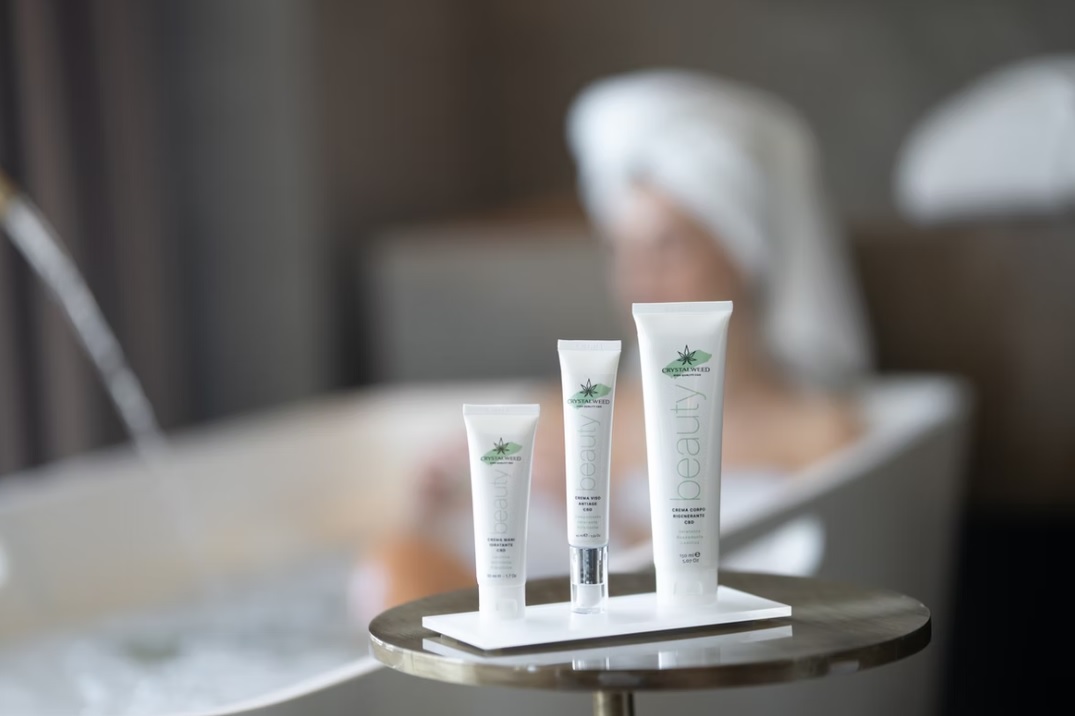Giving your clients a tattoo isn’t just about providing a design they’ll love.
The prep you do before appointments, and the care you provide afterwards can be the difference between a bad tattoo experience and a good one.
Good prep and aftercare will also enhance your clients’ tattoos, improving their look and ensuring no skin irritation or infections occur.
Get it right, and you’ll have customers coming back to you in future.
Pre-appointment
Before your client comes in for an appointment, there are several tips you should give them to help prepare their skin for a tattoo.
Firstly, your client should avoid alcohol, caffeine and aspirin for at least 24 hours before their appointment. These have blood-thinning properties and can affect the tattoo.
You should advise your client to wear loose, comfortable clothing for the appointment itself as they may be sitting or lying down for some time.
Make sure you tell your client to eat before the session to avoid lightheadedness.
Your client should also prepare their skin for the appointment by gently moisturising and exfoliating.
If they’re planning to use hair-removing wax ahead of the appointment, you should advise them to do this at least a few days before avoid any lasting irritation.
Skin prep
When your client arrives, the first thing you should do is prepare their skin for the tattoo.
You should clean the area with rubbing alcohol and remove any hair if they haven’t had a chance to do so themselves.
When the tattoo stencil is ready to go, you should moisten your client’s skin with soap or water where the design is meant to be. This will allow the stencil to transfer more easily.

Care during the tattoo process
Tattoos, in effect, create a wound on your client’s skin. To minimise damage, using vaseline before and during the tattooing process can help to protect it.
According to Tattoo Melbourne, vaseline will help keep your client’s skin as healthy as possible.
Cover with a cling film or bandage
Covering your client’s tattoo with cling film or a bandage is crucial to prevent any infections or irritation.
You should assess the length of time the cling film will need to stay on depending on the size of the tattoo.
Aftercare
Don’t let your client leave without giving them comprehensive advice on how to care for their tattoo after the appointment.
You should advise them on how often to wash and moisturise the tattoo, as well as how often they should change their cling film wrap.
Remind them that fragrance-free moisturisers and body wash should be used to avoid any infection.
With good prep and proper aftercare, you’re sure to have happy tattoo clients.
If you wish to get a tattoo removed, you need also to be aware of your aftercare regimen. Yet, many people wonder does laser tattoo removal hurt, and the simple answer is that it doesn’t hurt as much as it may appear, thanks to the usage of numbing lotions for this specific activity.
